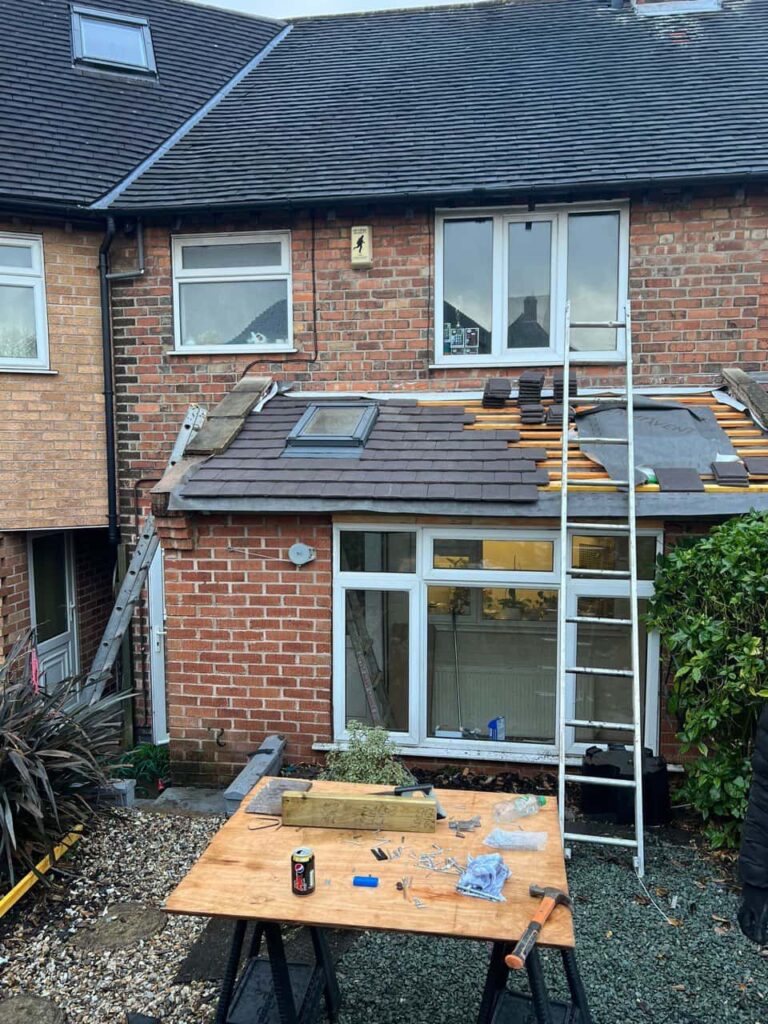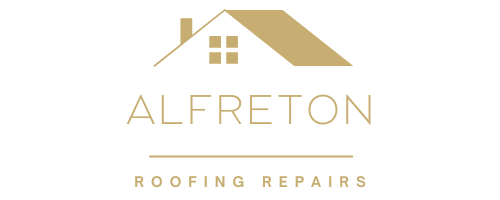Introduction: When it comes to commercial roofing systems, proper insulation is often overlooked but plays a crucial role in maintaining energy efficiency, occupant comfort, and the overall performance of the building. Insulation helps regulate indoor temperatures, protects against moisture infiltration, reduces heating and cooling costs, and extends the roof’s lifespan. This blog post will explore the importance of proper insulation in commercial roofing systems and its impact on building performance and energy efficiency.
Energy Efficiency:
- Proper insulation in commercial roofing systems helps minimise heat transfer between the interior and exterior of the building, reducing the need for heating and cooling throughout the year. By creating a thermal barrier, insulation helps maintain consistent indoor temperatures, improve occupant comfort, and reduce energy consumption. This results in lower utility bills and a smaller carbon footprint, contributing to sustainability goals and environmental responsibility.
Moisture Control:
- In addition to thermal resistance, insulation is critical in controlling moisture infiltration and condensation within commercial roofing systems. Moisture infiltration can lead to mould growth, rot, and deterioration of building materials, compromising indoor air quality and structural integrity. Properly installed insulation helps prevent moisture buildup and protects against water damage, ensuring a healthy and safe indoor environment for occupants.
Roof Longevity:
- Proper insulation helps extend the lifespan of commercial roofing systems by reducing thermal stress, temperature fluctuations, and exposure to environmental factors. Insulation acts as a protective barrier, minimising the risk of thermal expansion and contraction that can cause roofing materials to degrade over time. By maintaining stable temperatures and reducing the strain on roofing materials, insulation helps preserve the integrity and durability of the roof, minimising the need for repairs and replacements.
Compliance with Building Codes:
- Many building codes and energy efficiency standards require commercial buildings to meet specific insulation requirements to ensure occupant comfort, energy efficiency, and environmental sustainability. Proper insulation in commercial roofing systems helps property owners comply with these regulations and achieve certification for green building programs such as LEED (Leadership in Energy and Environmental Design). Compliance with building codes and standards ensures the safety and comfort of occupants and enhances the property’s value and marketability.
Soundproofing:
- In addition to thermal and moisture control, insulation can provide soundproofing benefits in commercial roofing systems. Insulation materials with sound-absorbing properties help reduce noise transmission from external sources such as traffic, HVAC equipment, and neighbouring buildings. This improves the acoustic comfort of indoor spaces, enhances productivity, and creates a more enjoyable environment for occupants.
Conclusion: Proper insulation is a fundamental component of commercial roofing systems, offering numerous benefits regarding energy efficiency, moisture control, roof longevity, compliance with building codes, and occupant comfort. By investing in quality insulation and ensuring proper installation, property owners can maximise the performance and durability of their roofing systems, reduce energy costs, and create a healthy and sustainable indoor environment for occupants. Consult a reputable roofing contractor to determine the most suitable insulation materials and installation techniques for your commercial building.
Call us on: 01773 304 893
Click here to find out more about Alfreton Roofing Repairs
Click here to complete our contact form and see how we can help with your roofing needs.

